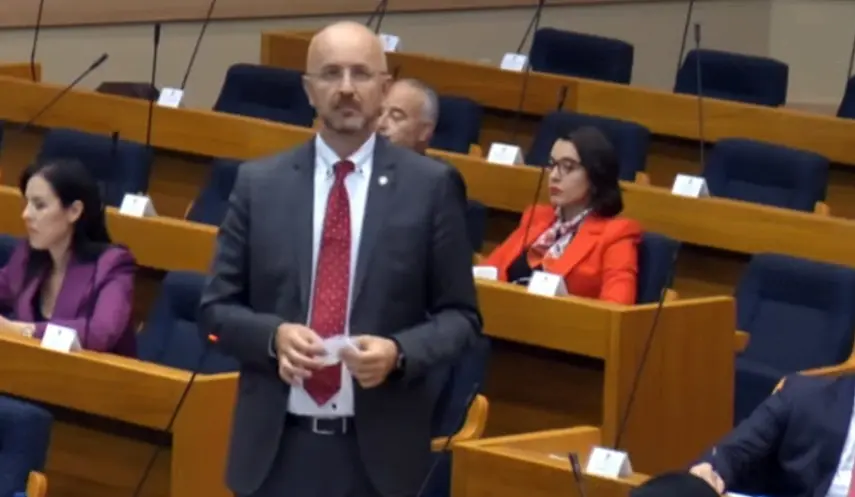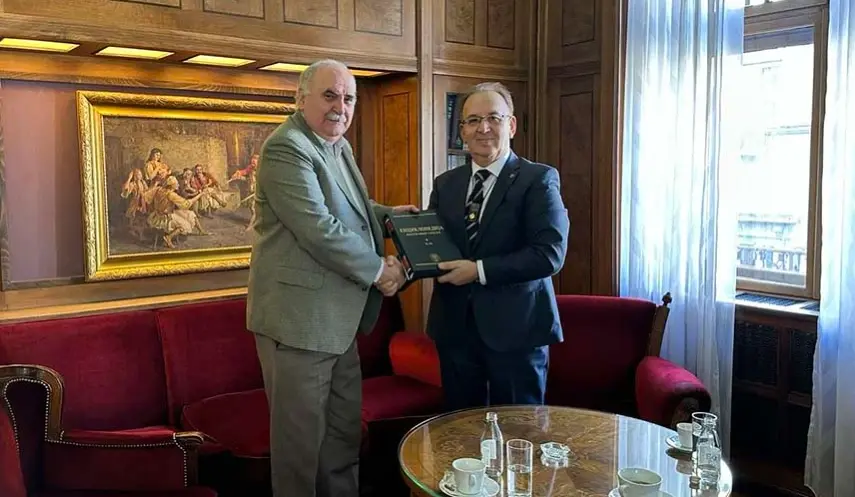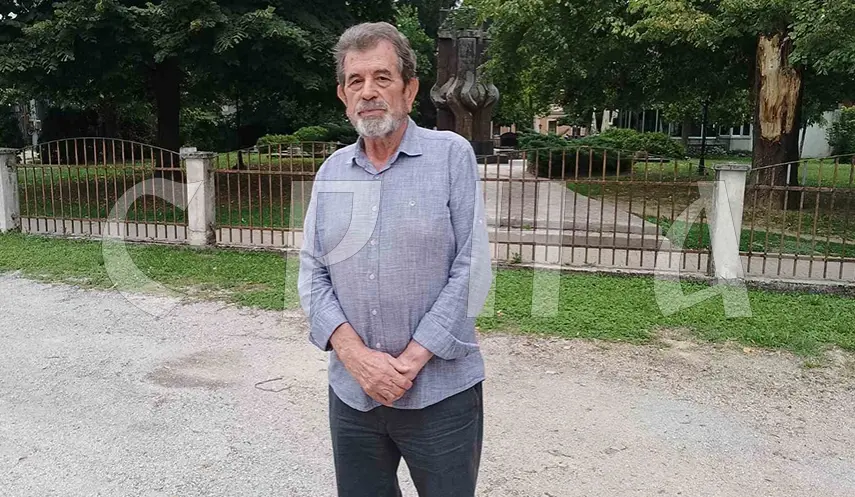REFERENDUM QUESTION DEFINED
Republika Srpska - National Assembly
08/22/2025
22:43

BANJA LUKA, AUGUST 22 /SRNA/ - Head of the SNSD Caucus in the National Assembly of Republika Srpska Srđan Mazalica said this evening that the referendum question will read - do you accept the decisions of the unelected foreigner Christian Schmidt and the rulings of the unconstitutional Court of BiH handed down against the President of Republika Srpska, as well as the decision of the Central Election Commission /CEC/ on the revocation of the mandate of the President of Srpska Milorad Dodik.
"The decision to call a referendum is a logical and lawful sequence of events arising from the specific constitutional, political and legal situation in which Srpska has found itself due to the unconstitutional and unlawful imposition of decisions by the unelected Schmidt," Mazalica said in the National Assembly, explaining the proposal to call a referendum in connection with the ruling of the unconstitutional Court of BiH and the decision of the CEC BiH on the termination of the mandate of the President of Srpska Milorad Dodik.
Mazalica emphasized that the referendum, as a form of civic expression, is the pinnacle of democracy and a civilizational issue that can be implemented only by orderly legal systems and modern democratic societies.
"By adopting the decision to call a republican referendum, Srpska will confirm its democratic capacities and ask the people about key issues governing the constitutional order and the rule of law," Mazalica added.
He said that Schmidt's decisions had undermined the Dayton Peace Agreement and nullified the will of the citizens of Republika Srpska.
"Through the referendum question, the people will give a key answer and determine the further steps to be taken by the institutions. Calling a referendum is necessary in order to protect the constitutional order in BiH, the rule of law, and the right of the people to express their position from unelected foreigners and unconstitutional institutions," Mazalica stressed. /to be continued/






